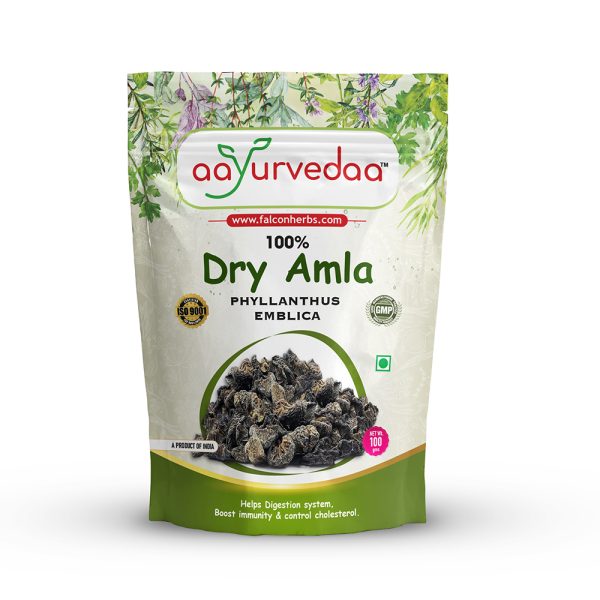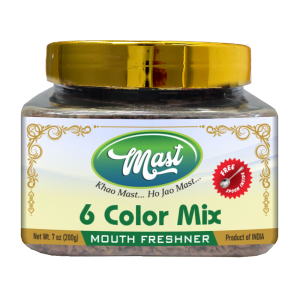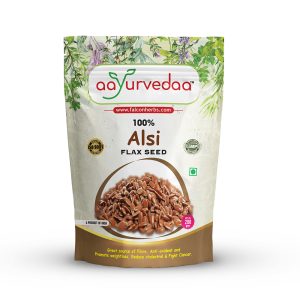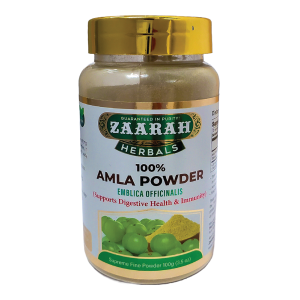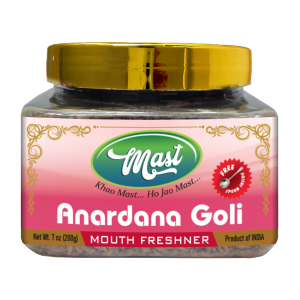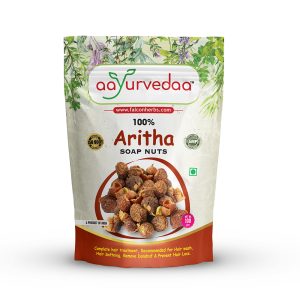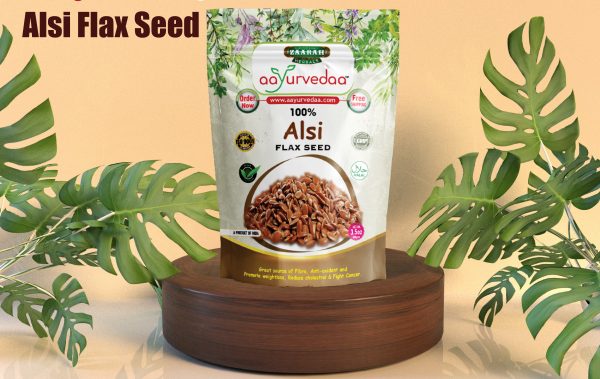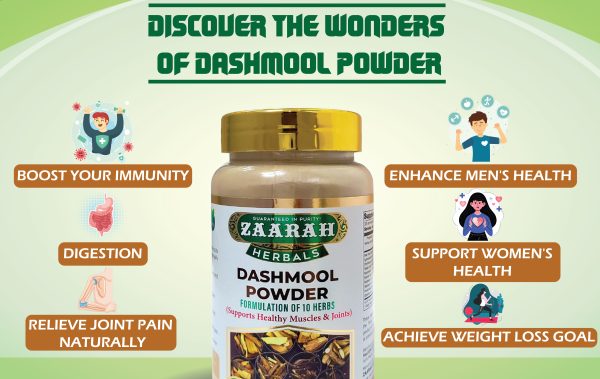No products in the cart.
Dry Amla -Boost Your Hair, Gut, & Heart Health Naturally: The Magic of Dry Amla

Organic Dry Amla, a superfood packed with goodness and renowned for its exceptional health benefits. Sourced from organic farms, these dried Indian gooseberries are a versatile addition to your daily wellness routine. Amla have an ample amount of vitamin C and antioxidants. It is useful in increasing the blood supply and stimulating blood circulation in your body. Dry Amla increase in blood circulation in return helps in activating the hair follicles.
DRY AMLA STRENGTHENS HAIR and HAIR GROWTH – Dried Amla for hair, if used regularly nourishes the scalp and roots and promotes the growth of long, healthy, and shiny hair. Dry Awala (Aawla) powder for hair helps to conditions the damaged hair and treats dandruff
Table of Contents
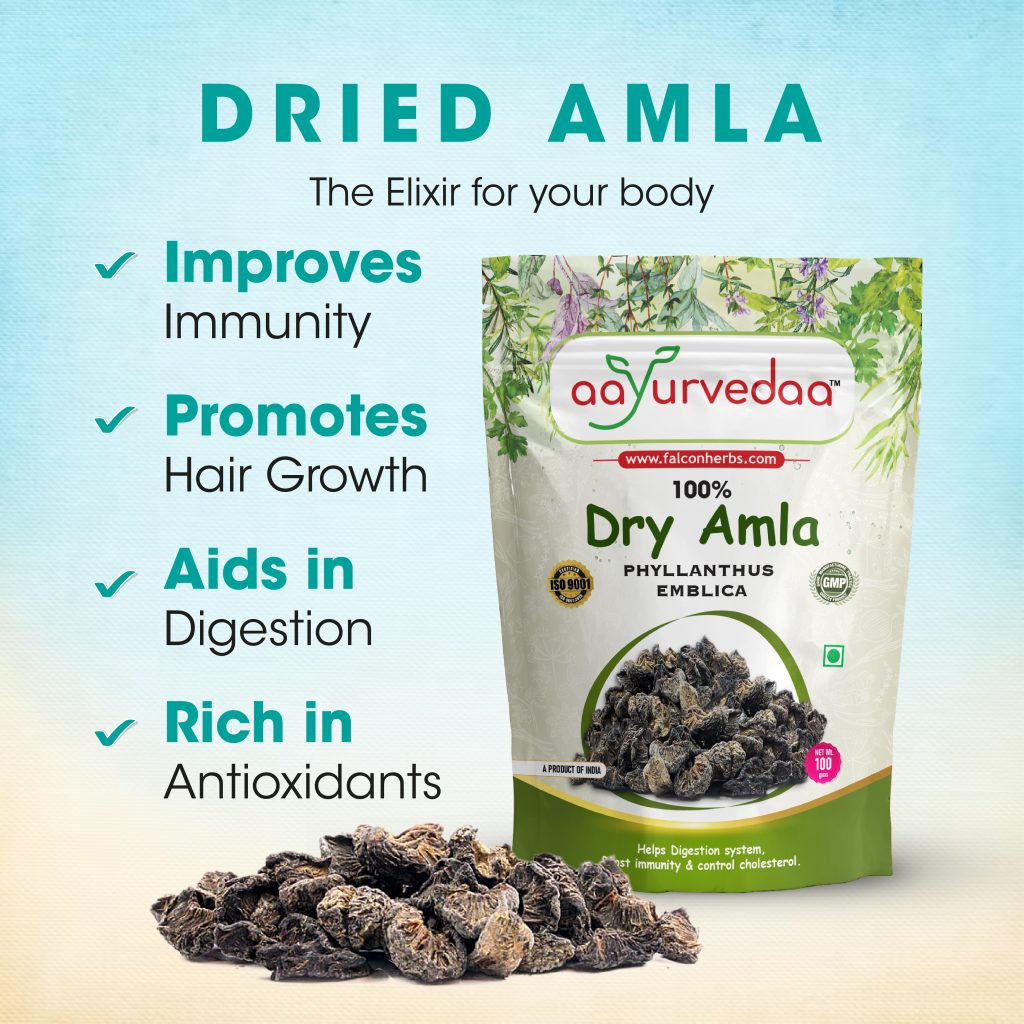
Dry amla, also known as dried Indian gooseberry, is a popular form of the amla fruit that has been dehydrated to remove the moisture content. Amla, scientifically known as Phyllanthus emblica, is a nutrient-rich fruit that is highly valued for its medicinal properties in Ayurveda, the traditional system of medicine in India.
Amla, also known as the Indian gooseberry, is a small, yet powerful fruit native to tropical and southern Asia, particularly India. It has been revered for centuries in traditional Ayurvedic medicine for its purported health benefits and is now gaining global recognition as a potential “superfood.” Let’s embark on a journey to explore the many facets of amla, from its botanical origins and uses to its potential health benefits and culinary applications.
A Botanical Journey: From Tree to Fruit
Amla (Phyllanthus emblica) belongs to the Phyllanthaceae family, which encompasses over 2,000 species of flowering plants. The amla tree is a deciduous species, meaning it sheds its leaves seasonally. It can grow up to 30 meters tall and boasts beautiful yellow-green flowers that eventually transform into the coveted amla fruit.
The amla fruit itself is a small, round berry, roughly the size of a golf ball. Its vibrant yellow-green hue and smooth, thin skin are distinctive features. While amla’s appearance might be simple, its taste is a complex combination of sour, bitter, and astringent, making it an acquired taste for some. However, this unique flavor profile plays a crucial role in its culinary and medicinal uses.
A Legacy of Use in Traditional Medicine
For over 3,000 years, amla has held a significant place in Ayurvedic medicine, an ancient Indian system of holistic healing. It is considered a “triphala,” meaning “three fruits” in Sanskrit, alongside haritaki and bibhitaki, and is believed to possess a balancing effect on the three doshas (bodily humors) in the body. Traditionally, amla has been used to address various ailments, including:
- Digestive issues: Amla is believed to aid digestion and promote gut health.
- Respiratory problems: It has been used to soothe coughs, colds, and asthma.
- Skin health: is known for its potential to improve skin health and may be used topically for wound healing and promoting a radiant complexion.
- Immunity: Due to its rich vitamin C content, amla is considered beneficial for boosting the immune system.
Scientific Exploration: Unveiling the Potential
While traditional medicine practices have long lauded benefits, modern science is now exploring its potential through research studies. Here are some key areas of ongoing investigation:
- Antioxidant properties: is rich in antioxidants, which help combat free radicals in the body and may play a role in preventing chronic diseases.
- Cardiovascular health: Studies suggest that amla may help regulate blood pressure and cholesterol levels, potentially contributing to heart health.
- Diabetes management: Research suggests amla may have potential benefits in managing blood sugar levels.
It is important to note that most of the research on amla is still in its early stages, and more robust studies are needed to definitively confirm its health benefits. Additionally, it is crucial to consult with a healthcare professional before incorporating amla into your regimen, especially if you have any pre-existing health conditions or are taking medications.
Beyond Medicine: Culinary Delights with Amla
Despite its sour and astringent taste, amla finds its way into a diverse range of culinary applications in India and beyond. Here are some popular ways to enjoy amla:
- Pickles: is commonly used in chutneys and pickles, adding a unique tangy flavor and a boost of nutrients.
- Powders and jams: Dried and powdered is used in various sweet and savory dishes, while amla jam offers a delicious and nutritious spread.
- Candied amla: This sweet treat is a popular way to enjoy amla in a more palatable form, especially for those who find the raw fruit too sour.
- Beverages: Amla juice is a refreshing and healthy drink, often consumed diluted or combined with other juices. Additionally, amla tea is gaining popularity for its potential health benefits.
Preparation of Dry Amla
Dry amla is made by removing the water content from fresh amla fruit through a drying process. The fruit is typically washed, sliced, and then dried either by sun drying or using dehydrators.
Benefits of Dry Amla
Dry amla is a good source of vitamin C, fiber, and antioxidants. It is also a good source of iron and potassium. These nutrients may offer various health benefits, including boosting the immune system, aiding in digestion, and promoting healthy skin and hair.
Uses of Dry Amla
can be used in a variety of ways, including:
Eaten as a snack: can be enjoyed as a healthy snack on its own. It has a tart and slightly sweet flavor.
Added to dishes: can be added to smoothies, yogurt, granola, or baked goods. It can also be used to make chutneys, pickles, and jams.
Used in traditional medicine: is used in Ayurvedic medicine for a variety of purposes, including treating cough, cold, and digestive problems.
Dry Amla 100gm | Dried Amla for hair | Helps digestion system and control cholesterol
₹252.00
✅ Type: Ayurvedic ✅ MFG: Jun 4, 2023 ✅ LIFE: 36 months

